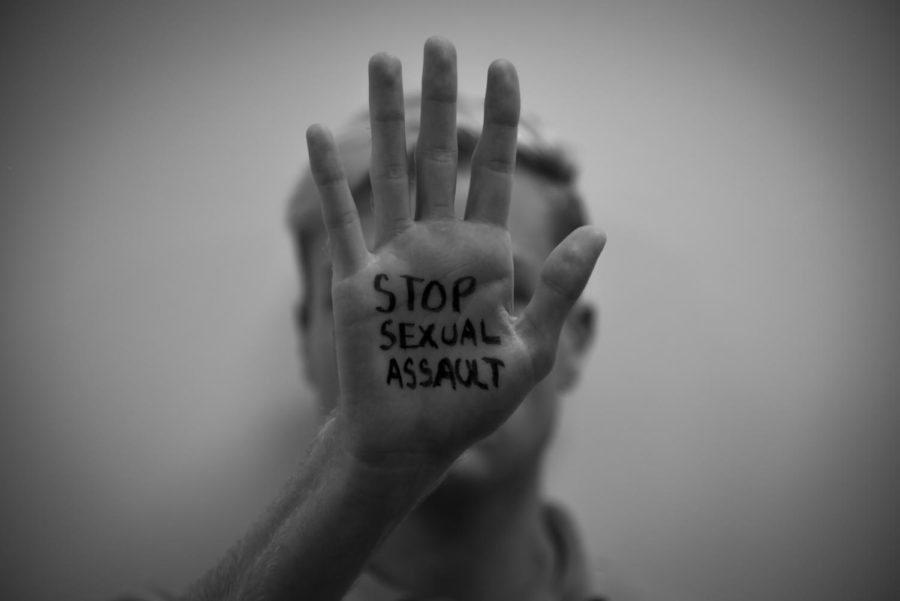Editorial: Believe survivors
The ISD Editorial Board explains the importance of believing and supporting survivors of sexual assault.
September 13, 2021
Editor’s Note: Editorials are representative of the views of all Editorial Board members. One or two members will compile these views and write an editorial.
Content warning: This editorial contains information pertaining to sexual assault.
Iowa State University administration has received crime warnings for sexual assaults three times since the beginning of the semester, including a case that occurred on university property outside of the main campus this past Saturday.
What is important to know beyond these recent crime warnings is that most sexual assaults are not reported. As few as one in five victims report their sexual assault, according to the Start by Believing website.
This means that when a sexual assault is reported, we as humans need to support survivors and that starts with believing what they say. According to the Blue Bench website, survivors of sexual assault first tell someone they know about their assault, and, if they aren’t believed, they won’t tell anyone else. What this means is that the survivor won’t report or seek counseling or other support services, leaving them completely isolated in dealing with their trauma, which can be incredibly overwhelming.
Therefore, believing a survivor when they tell you that they have been sexually assaulted is incredibly important. One instance of caring and the ability to share their story can allow a survivor to step on the path toward healing.
Chances are, someone in your life is a survivor of sexual harassment, assault or abuse, even if they have never shared their story with you. The Rape, Abuse & Incest National Network (RAINN) reports that 13 percent of all college students experience rape or sexual assault through physical force, violence, or incapacitation. Among graduate and professional students, 9.7 percent of females and 2.5 percent of males experience rape or sexual assault through physical force, violence or incapacitation. Among undergraduate students, 26.4 percent of females and 6.8 percent of males experience rape or sexual assault through physical force, violence or incapacitation.
Once again, this means that we as college students are likely to know a survivor and believing them is vital to reducing the stigma around sexual assault and helping survivors to heal.
A common argument used against believing all survivors is that by believing survivors we go against the United States’ criminal justice system’s value of “innocent until proven guilty.” By automatically believing survivors, some argue, we are bypassing a fair trial and slapping a “guilty” label on the alleged perpetrator with no proof.
This is in no way true.
“Believe survivors” has never meant that there should be no process, no investigation, no systems to receive and weigh a serious complaint of harm. That’s because survivors are telling the truth the vast majority of the time. Statistics show that 90 to 98 percent of reports of sexual assault are found to be true, which is the same for other violent crimes, according to a report from the National Sexual Violence Resource Center. Meeting a survivor’s story with empathy and belief should be our first response, not skepticism.
Believing survivors while also calling for due process are not contradictory elements; rather, these are complementary necessities. Whether someone is found guilty or innocent in the criminal justice system does not reflect whether or not a survivor’s story is true. Believing survivors says nothing about an alleged perpetrator’s innocence or guilt, but it says everything about how we as fellow humans view sexual assault. Believing a survivor can empower them to heal and end the stigma around sexual assault.
All it takes is saying “I believe you.”

















